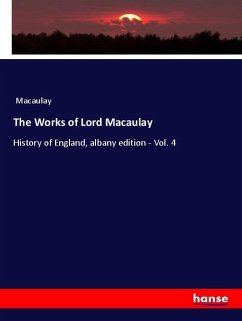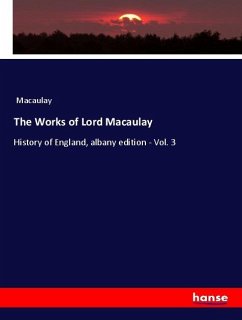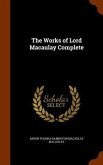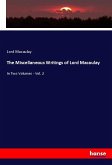He also considers each man's historical writing alongside his politics and argues that, while Croker's critical method was sharpened by his politics, Macaulay's political opinions were much more independent of party, and that he is not the typical Whig historian of legend. William Thomas illustrates how the two men actually had many ideas in common, and the commentators who have seen only political dislike have missed the real purpose of the History of England and what made it the most successful historical work in English literature.
This is the story of one of the great literary rows of the nineteenth century, between one of its greatest historians and one of its sharpest critics. The quarrel began in the House of Commons during the debates of 1831-2 on parliamentary reform and was continued in the quarterly reviews. In this highly readable study, William Thomas offers a new perspective and insight into the quarrel and its ramifications, and provides a nuanced assessment of the protagonists and their work.
Hinweis: Dieser Artikel kann nur an eine deutsche Lieferadresse ausgeliefert werden.
This is the story of one of the great literary rows of the nineteenth century, between one of its greatest historians and one of its sharpest critics. The quarrel began in the House of Commons during the debates of 1831-2 on parliamentary reform and was continued in the quarterly reviews. In this highly readable study, William Thomas offers a new perspective and insight into the quarrel and its ramifications, and provides a nuanced assessment of the protagonists and their work.
Hinweis: Dieser Artikel kann nur an eine deutsche Lieferadresse ausgeliefert werden.
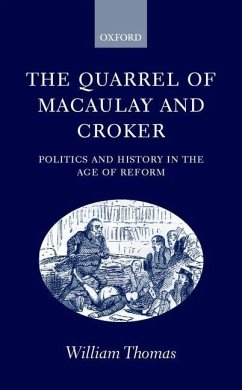
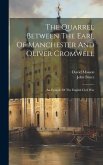
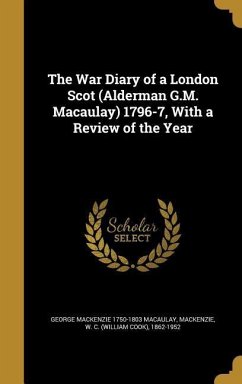
![The True Story Of Lord & Lady Byron As Told By Lord Macaulay [and Others] In Answer To Mrs. Beecher Stowe [occasioned By Her Article The True Story Of The True Story Of Lord & Lady Byron As Told By Lord Macaulay [and Others] In Answer To Mrs. Beecher Stowe [occasioned By Her Article The True Story Of](https://bilder.buecher.de/produkte/65/65208/65208652m.jpg)
